Disclosure: This article contains affiliate links. We may earn a commission from purchases at no extra cost to you, which helps our travel content.
When my data analytics project took me to two of the world's most fascinating yet under-explored business destinations—Asmara and Tashkent—I discovered that conventional Western business playbooks needed serious recalibration. These emerging markets offer tremendous opportunities for the prepared professional, but require a nuanced understanding that goes beyond standard business travel protocols. Having analyzed the patterns of successful business engagements in both cities, I'm sharing my evidence-based insights to help you navigate these complex but rewarding markets.
Connectivity Challenges and Solutions in Asmara
Eritrea presents perhaps the most challenging digital environment I've encountered in my global business travels. Internet access in Asmara is notoriously limited, with speeds that transported me back to the dial-up era of the early 2000s. During my week-long analytics consultation, I discovered that only two hotels—the Asmara Palace and Ambassador Hotel—offered semi-reliable WiFi, and even then, expect frequent outages and glacial speeds.
Mobile data is available through the state-owned EriTel, but requires purchasing a local SIM card with proper documentation. The process took me nearly three hours at their main office, so factor this into your arrival day planning. More critically, be aware that many international roaming services simply don't function here.
My saving grace was bringing a pre-configured portable VPN router which helped maximize the limited connectivity and provided essential security for business communications. For critical documents and presentations, I relied heavily on my portable SSD rather than cloud storage, which proved invaluable when pitching to local business partners.

💡 Pro Tips
- Purchase and download all essential documents, maps, and translation tools before arrival
- Inform clients and colleagues about your limited connectivity window (typically early morning offers the best speeds)
- Consider bringing a satellite communication device for emergency business communications
Navigating Business Culture in Eritrea
My data-driven approach to business typically serves me well, but in Asmara, I quickly learned that relationship cultivation takes precedence over analytics and immediate results. Business meetings in Eritrea follow a rhythm entirely their own—they rarely start on time, often begin with extended personal conversations, and decisions emerge through consensus rather than direct proposals.
My research into local business customs proved invaluable. Eritrean business culture retains influences from its Italian colonial past, Ethiopian heritage, and more recent self-reliance policies. Business cards should be presented with both hands as a sign of respect. I ordered specialized dual-language cards before my trip using a premium business card service which impressed local contacts with their quality and cultural sensitivity.
Dress code remains conservative and formal. Women should opt for modest attire covering shoulders and knees, while men should wear suits for initial meetings. I packed a wrinkle-resistant travel blazer which maintained its professional appearance despite the challenging travel conditions and varying temperatures between air-conditioned offices and the warm Asmara climate.

💡 Pro Tips
- Allow 15-30 minutes buffer time for meeting starts, but always arrive precisely on time yourself
- Bring thoughtful, modest gifts for key business partners (quality pens or business accessories work well)
- Learn basic Tigrinya greetings—even simple efforts are deeply appreciated
Tashkent: Digital Nomad Oasis in Central Asia
Transitioning from Asmara to Tashkent felt like time-traveling decades forward in digital infrastructure. Uzbekistan has invested heavily in its telecommunications, and Tashkent now boasts surprisingly robust connectivity that supports remote work and digital business operations. Most upscale hotels and numerous coffee shops offer reliable high-speed WiFi, while 4G mobile coverage blankets the city.
Upon arrival, I purchased a local SIM card at the airport from Beeline (one of several providers) for approximately $10 USD, which included generous data allowances sufficient for video calls and cloud access. The process took mere minutes—a stark contrast to my Eritrean experience.
Tashkent also features several modern coworking spaces catering to international business travelers. My favorite was Regus Tashkent, located in the International Business Center, which offered professional meeting rooms and reliable infrastructure. For extended productivity sessions, I relied on my noise-canceling earbuds to maintain focus in public workspaces and my portable monitor to maintain my dual-screen workflow while traveling.
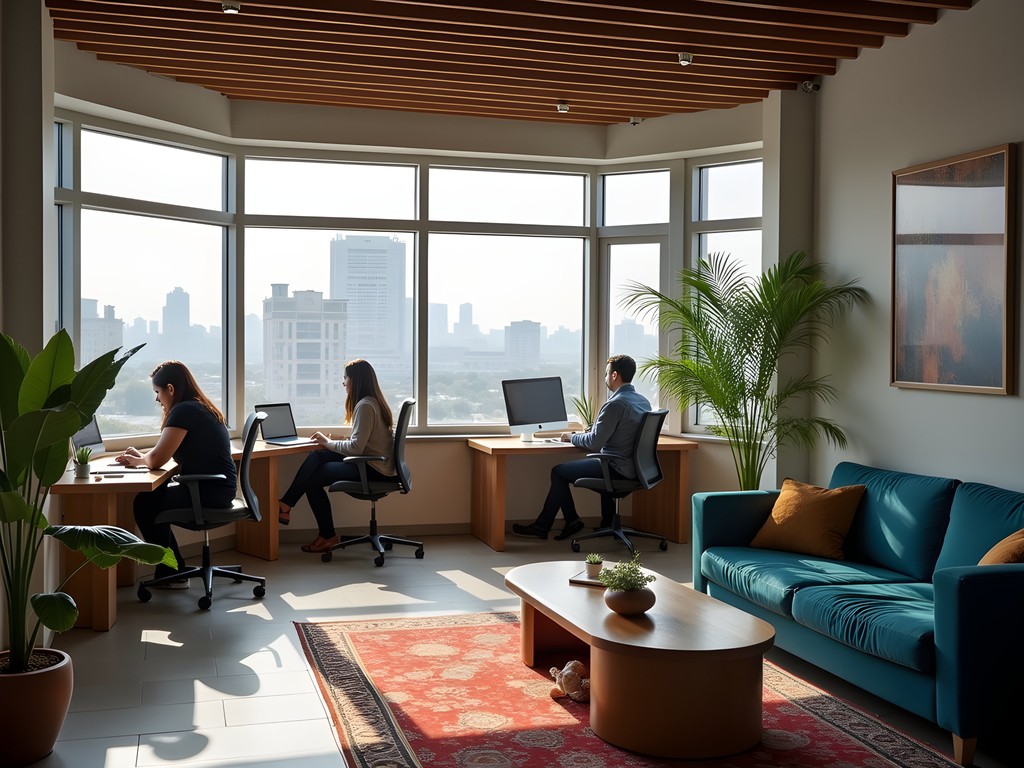
💡 Pro Tips
- Register with the local authorities within three days of arrival (most hotels handle this automatically)
- Download Telegram app before arrival—it's essential for local business communications in Uzbekistan
- Consider hiring a local translator for important meetings despite the increasing English proficiency among younger professionals
Business Etiquette and Relationship Building in Uzbekistan
Uzbekistan's business culture reflects its position at the historical crossroads of civilizations—combining Soviet-era formalities, traditional Uzbek hospitality, and increasingly, Western business practices. My data-driven approach was better received here than in Eritrea, but still required thoughtful adaptation.
Hierarchy remains important; address the most senior person first and use proper titles with surnames until invited to use first names. Business cards should be presented and received with both hands, ideally with one side translated into Russian or Uzbek. I used a instant translation device during meetings, which proved invaluable for catching nuances that my intermediate Russian might have missed.
Business meals are central to relationship building, and refusing hospitality can damage professional relationships. Expect lengthy lunches where business is discussed only after significant personal conversation. I found my digital business card device particularly useful here, as it allowed me to share contact details seamlessly during these social-business hybrid occasions.
As a female business traveler, I noticed that while Uzbekistan is more progressive than many assume, conservative dress remains appropriate. My wardrobe of modest business attire with thoughtful accessories allowed me to project professionalism while respecting local norms.

💡 Pro Tips
- Accept tea whenever offered—refusing is considered impolite
- Prepare thoughtful questions about Uzbekistan's development and history—locals appreciate genuine interest
- Schedule buffer days around important meetings as decision-making often requires multiple sessions
Wellness and Productivity Balance in Challenging Business Environments
Maintaining peak performance while managing jet lag across these diverse business environments required deliberate wellness strategies. Both cities offer unique challenges to business travelers accustomed to Western amenities and routines.
In Asmara, limited gym facilities meant adapting to outdoor exercise options. The city's pleasant climate and remarkable safety allowed for early morning runs through its UNESCO-recognized modernist architectural landscape—an unexpected benefit that became a highlight of my stay. I relied heavily on my travel resistance bands for in-room strength training when outdoor options weren't feasible.
Tashkent offers more conventional fitness options, with major international hotels providing well-equipped gyms. The city's hammam tradition also provides excellent recovery opportunities—I particularly recommend the historic Tashkent Baths for an authentic experience that combines wellness with cultural immersion.
Mindfulness practices proved essential in both locations. My morning meditation routine using the travel meditation cushion created a consistent anchor regardless of location. This practice helped me manage the cognitive load of navigating unfamiliar business protocols while maintaining analytical clarity for my projects.

💡 Pro Tips
- Stay hydrated with bottled water in both locations—tap water isn't recommended
- Pack essential medications and supplements as Western brands are limited
- Schedule deliberate recovery time after intensive business days—productivity in these markets requires sustainable energy management
Final Thoughts
The business landscapes of Asmara and Tashkent represent fascinating case studies in adapting professional approaches to emerging markets. Each requires distinct preparation strategies, cultural sensitivities, and flexibility—yet both offer remarkable opportunities for the well-prepared business traveler. My data-driven analysis of these experiences reveals that success in these markets correlates strongly with three factors: technological self-sufficiency, relationship-focused business development, and adaptive communication styles.
As these markets continue evolving at different paces—Tashkent rapidly modernizing while Asmara develops more gradually—the window for establishing meaningful business relationships remains uniquely open. The professionals who navigate these complexities now will likely find themselves with significant advantages as these economies further integrate with global markets.
I'd love to hear about your experiences in emerging business markets or answer questions about specific aspects of business travel in Eritrea or Uzbekistan. Connect with me on LinkedIn or through my business travel analytics newsletter for ongoing insights into data-driven approaches to international business development.
✨ Key Takeaways
- Prepare for dramatically different connectivity environments—over-prepare for Asmara, while Tashkent offers surprisingly robust digital infrastructure
- Relationship development takes precedence over immediate business outcomes in both markets
- Local business protocols reflect distinct historical and cultural contexts—research and adaptability are essential
- Self-sufficient wellness routines maintain productivity in challenging business environments
- Early market entry offers significant advantages despite the additional complexity
📋 Practical Information
Best Time to Visit
September-November and March-May for both destinations
Budget Estimate
$150-250 USD per day including business-class accommodation
Recommended Duration
Minimum 5 business days per city
Difficulty Level
Challenging



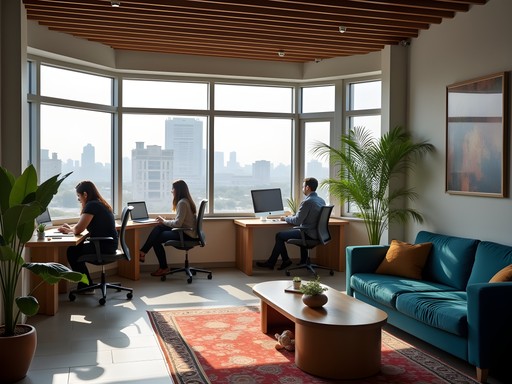




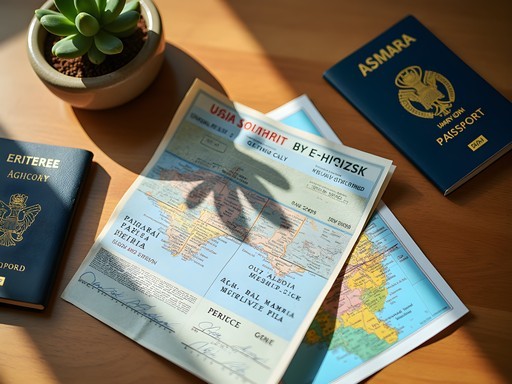
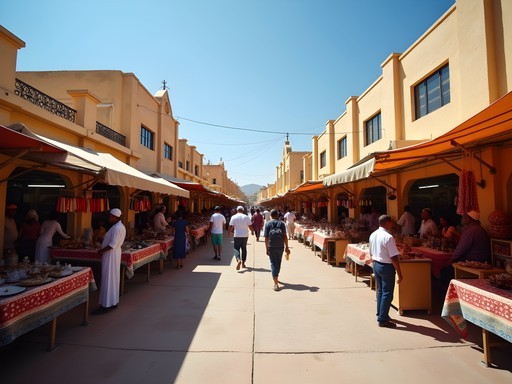
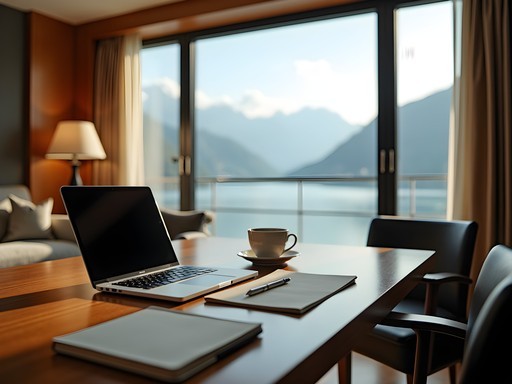
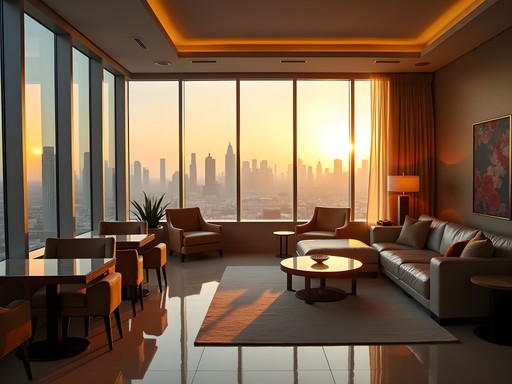


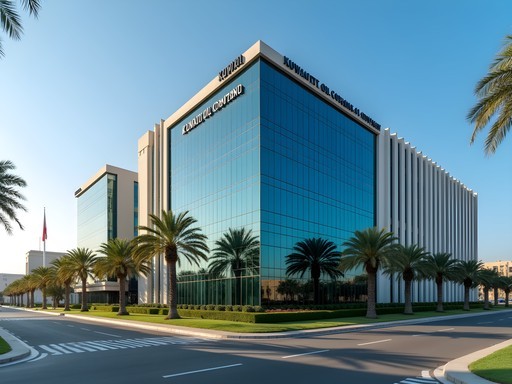

Comments
blueninja
Love this!! These off the beaten path business destinations are so fascinating. Way more interesting than another Dubai or Singapore guide tbh
Jose McDonald
This is such a unique combo of destinations! I've been wanting to get to Central Asia for ages. Question for Elena - how did you handle the connectivity issues in Asmara for your data analytics work? Did you end up getting a local SIM or just relying on hotel wifi? I'm planning some remote work trips and this is super relevant.
wanderchamp
I was in Tashkent for work last fall and can confirm the business culture is all about relationships first. Don't rush into deals - take time for tea and conversation. Also the food scene there is incredible, way better than I expected. Plov is life!
cityace
omg yes the plov!! did you try the one at Central Asian Plov Center? best I've ever had
freephotographer
What about photography restrictions in Asmara? Can you take pics freely or is it restricted like some other African countries?
Jose McDonald
Photography is tricky there! Avoid government buildings, military sites, and always ask permission before photographing people. The Art Deco architecture is stunning though - totally worth being careful about. Some areas require a photography permit.
hikingqueen
Great post! Super helpful
cityace
YES!! Tashkent is seriously underrated for digital nomads! The internet is way better than people think and the cost of living is amazing. Stayed there for 3 weeks last year and loved every minute. The metro stations alone are worth the trip - they're like underground palaces!
dreamlover
How hard is it to actually get a visa for Eritrea? I've heard its like impossible for regular tourists?
Ahmed Palmer
It's definitely not straightforward. For business travel you'll need an invitation letter from a local company or government entity. Tourist visas are rare but not impossible - just requires patience and proper documentation. I'd recommend working with a specialized visa service for Eritrea specifically.
dreamlover
thanks! sounds complicated lol
Casey Andersson
Fascinating comparison between these two markets! I spent three months in Tashkent last year developing a luxury tourism project. The digital infrastructure there is improving rapidly - I was surprised to find better connectivity than in parts of Eastern Europe. One tip for business travelers to Uzbekistan: bring plenty of business cards with English on one side and Russian on the other (not Uzbek). The business elite still predominantly use Russian for formal communications. Also, the Hyatt Regency has excellent co-working facilities if anyone needs a reliable base. Elena, did you notice any significant differences in how business decisions are made between the two locations?
Elena Washington
Great insight about the business cards, Casey! Yes, the decision-making processes were strikingly different. In Asmara, there's a very hierarchical approach where final approval almost always comes from the top. In Tashkent, I found more collaborative decision-making, especially among younger business leaders, though relationships still matter tremendously in both places.
Casey Andersson
That matches my experience too. The generational divide in Uzbekistan's business community is fascinating - the under-40 entrepreneurs have a completely different approach than the old guard.
coolchamp149
Just got back from Tashkent last week! Your observations about the business culture are spot on. The formality level caught me off guard. I showed up to my first meeting in business casual and immediately felt underdressed compared to my Uzbek counterparts. Also, those tea ceremonies before meetings are no joke - budget extra time for EVERY meeting!
Elena Washington
So true about the tea ceremonies! I learned to never rush those - they're where the real relationship building happens.
nomadlife
How reliable was the internet in Asmara? Planning a business trip there next month and wondering if I need to bring any special equipment.
Elena Washington
The internet in Asmara is definitely spotty. I'd recommend bringing a portable hotspot with international data and downloading everything you might need beforehand. The travel router saved me multiple times during meetings!
nomadlife
Thanks for the tip! Will definitely look into that. Any specific cafes or hotels with the most reliable connection?
Elena Washington
The Asmara Palace Hotel had the most consistent connection. Crystal Cafe near the city center was surprisingly good too!
Venture X
Premium card with 2X miles, $300 travel credit, Priority Pass